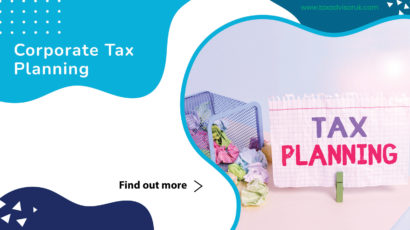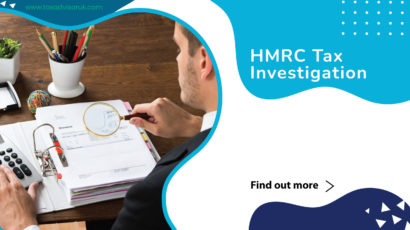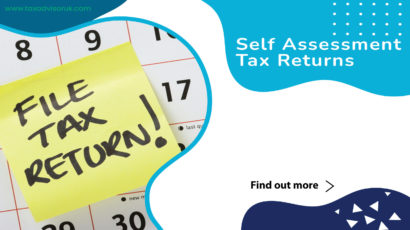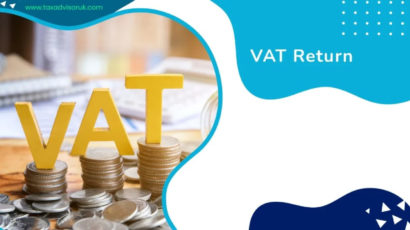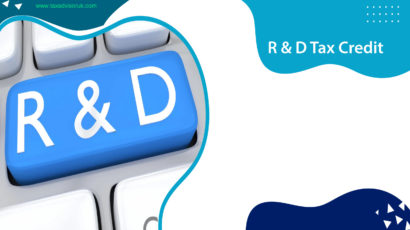Giving shares to family members is a great way to introduce them to investing and teach them about financial markets.However, there are several important considerations to make before donating shares to your children, such as the tax ramifications.
In this article we cover:
- Reasons for gifting shares to family members
- Steps to gift shares to family members
- Tax consequences when you gift shares to family members
Reasons for gifting shares to family members
Shareholders who give shares to their family members may do it for a variety of reasons. The following are the most typical causes:
- To be a financial support system for your spouse.
- The requirement to reduce your household’s tax burden (tax efficiency).
- To teach your kids how to generate money and better manage his or her family’s finances.
- Handing over control of your company to a family member.
- Assisting your children with the cost of their schooling.
If any of these sounds like a valid reason, here is a step-by-step guide to gifting shares to family members.
Steps to gift shares to the family members
The simplest method of gifting shares to family members is as follows:
- Completion and signing of a share transfer form- The first step is to fill out a share transfer form and sign it. J30 is another name for the form, which is also known as a stock transfer form. It includes information such as the company’s name, your name, proof of identification, and address, as well as the share class, number of shares to be transferred, and the purpose for the transfer (which should be gifting shares). It also provides the recipient’s name, address, and confirmation of identification. You must sign the form after you have completed the information.
You will not be required to transmit any certificates to HMRC for stamping or payment of stamp duty because the transfer of shares is considered a gift in this case. You can start reaping the rewards to gift the shares right away.
- Submit the completed form to the employer, along with any accompanying certificates-
You may submit the completed form via email, in person, or through a company portal/account, depending on the company or firm from which you purchased shares. You can inquire about the quickest and most convenient method with the organization. The corporation receives the share transfer form and inspects it. If an error occurs, you will be notified and given the option to correct it. After that, you must wait for the transferability of shares to be approved by the company’s board of directors. During the processing of your application, you may be asked to upload more documents. Documents that establish your ownership of the shares you want to provide to your family members are examples of such documents. The corporation will issue a new share certificate in the new shareholders’ name after the transaction is approved. The operation normally takes two to eight weeks to complete.
If you believe that any of the above steps may be confusing, perhaps because you struggle to grasp financial matters, it is advisable that you should consult a financial advisor.
Tax consequences when you gift shares to family members
1.Capital gains tax- When it comes to the tax implications, things get a little more tricky. If you’re not giving shares to your spouse or donating them to charity, you’re either transferring or selling them, and you’ll have to pay capital gains tax.
a) In case you are selling shares- HMRC will first determine whether you qualify for a tax-free capital gains allowance (currently £12300) when you sell the shares. Then subtract the capital gains tax allowance from the gains you made after selling the property. The remaining amount will be subject to capital gains tax (remaining amount = capital gains – capital gains tax allowance).
For example, if you have purchased 5000 Ordinary shares at a price of £3 per share and the price grew to £15, your shares are now worth £75,000 (5000 x £15). You paid £15000 (5000 x £3) for them, resulting in capital gains of £60,000 (£75,000 – £15000). Now, deduct the capital gains tax-free allowance (£60,000 – £12300 (Tax-free allowance) = £47700) and tax the remaining amount, i.e.£47700.
b) In case you are gifting shares-HMRC exempts you from capital gains tax when you give shares to your spouse. If you donate 5000 shares to your spouse at the new price, you are not liable for capital gains tax, as shown in the example above. If your spouse decides to sell these shares to someone else, capital gains tax must be paid.This is not the situation for children. HMRC will tax the shares owned by children. Only if you give the shares to your spouse, civil partner, or a charitable organisation are you exempt.
2.Inheritance tax- For inheritance tax purposes, passing shares to your children is usually viewed as a gift. If the transferor (parent) dies within seven years of the transfer, the inheritance tax is the responsibility of the transferee (kid).The number of years between the date of the gift and the date of death will determine the amount of tax due. It is based on a sliding scale known as taper relief, with 40% for less than three years, 32% for three to four years, 24% for four to five years, 15% for five to six years, and 8% for six to seven years. HMRC will typically treat the difference between the sale price and market value as a gift if you transfer shares to your children for less than market value. This form of gift is known as a Potentially Exempt Transfer (PET), and it will be subject to inheritance tax rules as usual.
How TaxAdvisor UK can help
At TaxAdvisor UK , our experts will provide you 30 minutes free consultation and help you in managing all your tax and accounting work. Speak to our expert accountants, tax advisor on (0203) 5381276 or fill an online form today. We can have a consultation session over the phone, virtual or face to face meeting and will provide you with a no obligation fixed quote






